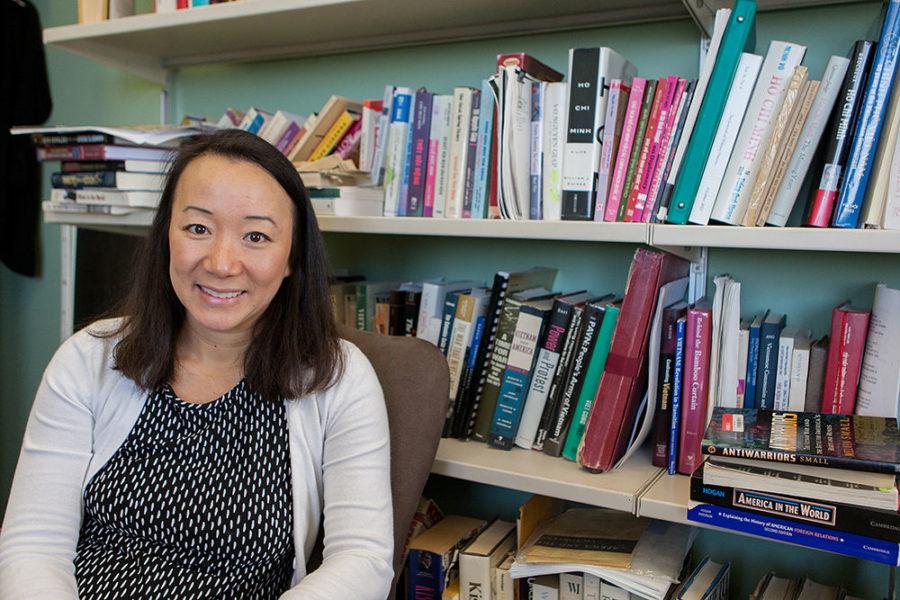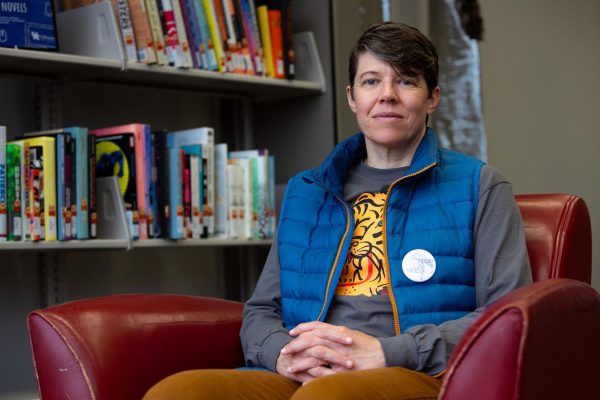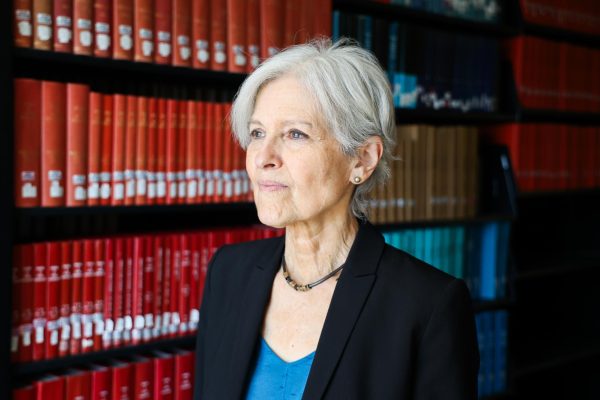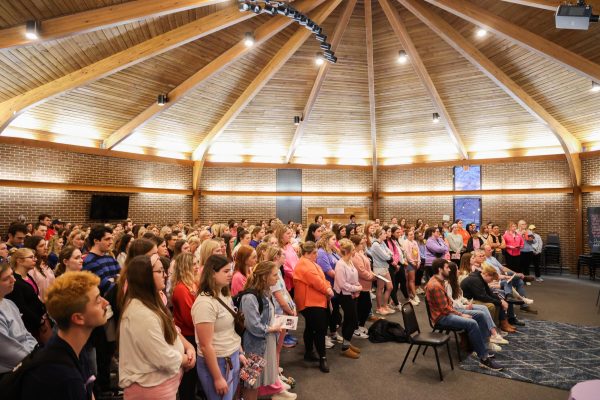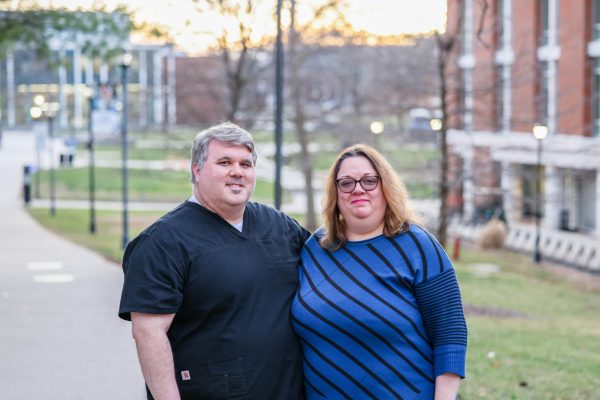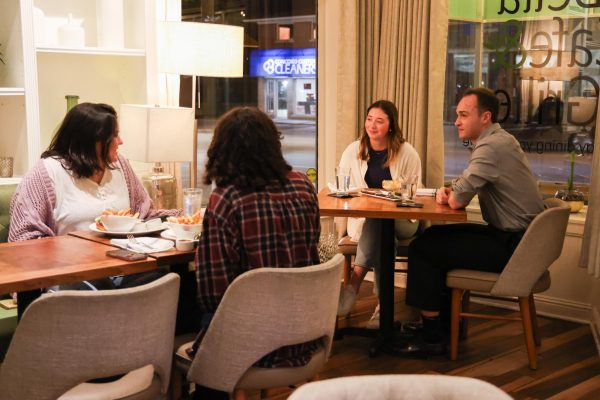Controversy in Saigon: studying the unstudied
October 15, 2015
By Cheyene Miller
Associate professor Lien-Hang Nguyen has spent her career studying one of America’s most controversial wars, and now she’s writing book about one of its most pivotal moments.
Nguyen plans to have the book completed by January 2018 in time for the 50th anniversary of the 1968 Tet Offensive, a campaign of surprise attacks on military and civilian compounds by the Viet Cong and North Vietnamese forces against U.S. and South Vietnamese forces.
“I had an idea to write a comprehensive history of the battles that incorporated the Tet Offensive because it was probably one of the most well-known events of the Vietnam War,” Nguyen said. “When I looked around for histories of that offensive, there just weren’t that many that really told the whole story.”
Nguyen is originally from Saigon, now called Ho Chi Minh City, the largest city in Vietnam, which played a major role in the war. She said she had a personal connection to the war because her father and several of her uncles fought for the South Vietnamese Army, and some relatives joined the revolution in the South.
As the youngest of nine children, Nguyen said she grew up listening to relatives talk about the war and how it impacted her family.
She has taught at UK since 2006 after earning her Ph.D. at Yale University and completing a fellowship at Harvard University.
In addition to the history of the Vietnam War, Nguyen focuses on U.S. foreign relations with Southeast Asia and how American policy during the Cold War helped shape the current status of the region.
Her first book was on former president Richard Nixon, who is often remembered for the Watergate Scandal that led to his resignation is also the president credited for opening relations with China.
“I was interested in how Nixon and his National Security Advisor Henry Kissinger shaped policy towards the Vietnam War as well as Southeast Asia,” Nguyen said.
She said her book on Nixon focuses his strategies to end the Vietnam War and how they were effective in certain ways.
“In pretty much every way (the war) affected Vietnam’s development for the remainder of the Cold War and beyond,” Nguyen said.
In the classroom, Nguyen said she tries teach history in a way that makes it more relatable, from telling stories to having students participating in role play.
She said that she encourages students to respectfully debate each other to grow intellectually and learn to see different perspectives.
“Whenever I do organize discussion, it’s just great debate,” Nguyen said. “Great intellectual debates.”












































































































































